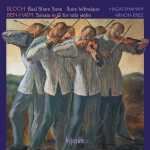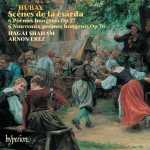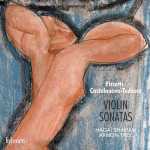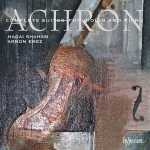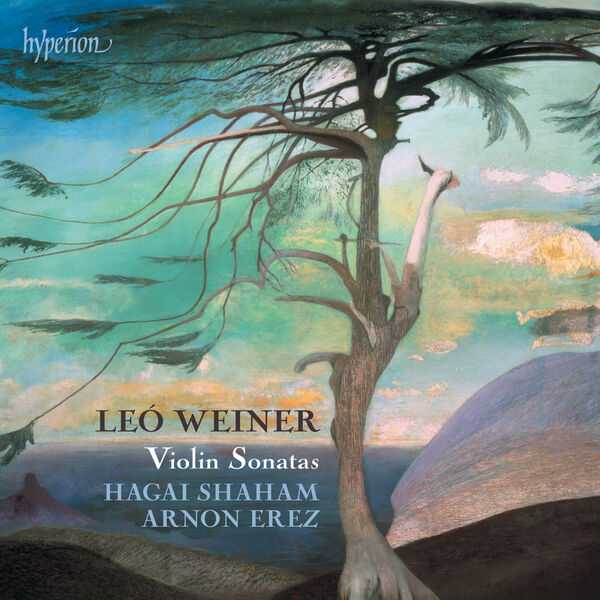
Composer: Leó Weiner
Performer: Hagai Shaham, Arnon Erez
Format: FLAC (tracks)
Label: Hyperion
Catalogue: CDA67735
Release: 2009
Size: 345 MB
Recovery: +3%
Scan: yes
Violin Sonata No. 1 in D Major, Op. 9
01. I. Moderato
02. II. Rasches Walzertempo
03. III. Andante
04. IV. Presto – Rasches Walzertempo
Violin Sonata No. 2 in F-Sharp Minor, Op. 11
05. I. Allegro
06. II. Presto
07. III. Larghetto
08. IV. Rubato. Moderato – Ziemlich rasch, scharf rhythmisiert
09. Peregi verbunk “Pereg Recruiting Dance”, Op. 40
10. Lakodalmas “Wedding Dance”, Op. 21b
3 Hungarian Folk Dances (Arr. Ney)
11. I. Rókatánc “Fox Dance”
12. II. Marosszéki keringös “Ronde from Marossék”
13. III. Csürdöngölö “Peasants’ Dance”
20 Easy Little Pieces (Arr. Fülep)
14. I. Allegro non troppo
15. II. Allegro
16. III. Allegretto
17. IV. Allegro
18. V. Allegro vivo
19. VI. Tempo giusto
20. VII. Tempo giusto
21. VIII. Moderato
22. IX. Allegro non troppo
23. X. Tempo di Csárdás
24. XI. Allegretto
25. XII. Allegro non troppo
26. XIII. Allegretto
27. XIV. Sostenuto
28. XV. Allegro non troppo
29. XVI. Tempo giusto
30. XVII. Allegro non troppo
31. XVIII. Andante
32. XIX. Andante sostenuto
33. XX. Allegro ben moderato
Hagai Shaham has made himself the master of the Hungarian idiom which prevailed in much Romantic violin music. He now turns to a composer who was one of the leading figures of new Hungarian music in the first few years of the twentieth century, although largely forgotten now. Leó Weiner was regularly hailed as the great new hope of Hungarian music—in 1908 one critic prophesied that he was the Hungarian symphonist that everyone had been waiting for. But in fact he did not produce any symphonies, and it was in chamber music that he fully achieved his early promise.
Hagai Shaham and Arnon Erez present a selection of Weiner’s music for violin and piano—and it is easy to fathom from them why Weiner was such a much-loved figure. His music is fastidious, highly melodic and occasionally nostalgic in appeal—delightfully lyrical and sensitive. It has a highly developed sense of rhythm, especially dance rhythm, and is also highly accomplished technically, of quite admirable craftsmanship. His two important Sonatas for violin and piano are recorded here, and both demonstrate the German romanticism which penetrated his musical vocabulary. The remainder of this disc is centred on Weiner’s works based upon different kinds of Hungarian folk tunes.
